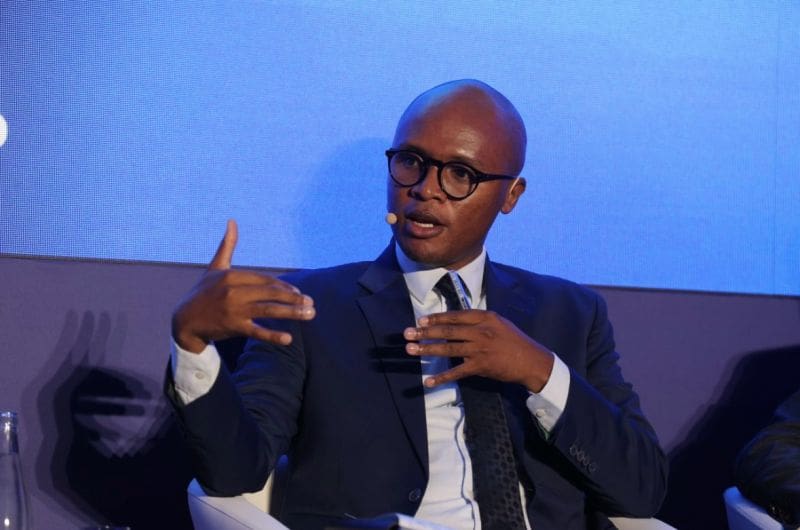The move to relax Broad-Based Black Economic Empowerment laws to enable Starlink to have a shot at setting up shop in South Africa has not only raised eyebrows but attracted the interest of Parliament.
The Portfolio Committee on Communications and Digital Technologies in Parliament has invited Minister Solly Malatsi and the Department of Communications and Digital Technologies to brief it on “the recently gazetted policy directions that appear to be in contravention of the Electronic Communications Act and in favour of low earth orbit satellite provider SpaceX”.
On Friday, 23 May 2025, Minister Malatsi announced, through a media statement, the gazetting of the proposed policy direction to the Independent Communication Authority of South Africa (ICASA) on Equity Equivalent Investment Programmes (EEIP) in the ICT sector.
The gazetted policy direction released did not mention SpaceX or its subsidiary Starlink, however, analysts suggested the proposed changes were tailored to suit Elon Musk the billionaire owner of the low earth orbit satellite provider.
Starlink offers affordable Internet access, compared to other choices. The service is offered via a network of low-orbit satellites that can provide broadband speeds anywhere in the world.
Starlink is now available in 19 countries in Africa including Nigeria, Kenya, Mozambique, Rwanda, Malawi, and Zambia.
Elon Musk has been wanting to establish his company Starlink, in South Africa but has publicly complained about “race-based” laws.
Musk has previously claimed that Starlink was barred from operating in South Africa because he is not black and accused the government of having “openly racist ownership laws”.
In the notice on Friday, the Minister of Communications and Digital Technologies said he intends to issue the proposed Policy Direction in the Schedule to the Independent Communications Authority of South Africa in terms of section 3 of the Electronic Communications Act, 2005 (Act No. 36 of 2005).
“The objectives of this policy direction are to give effect to existing national and sector policy pertaining to the rollout of broadband and the bridging of the digital divide,” the notice said.
In addition, the notice said the Minister “wishes to give effect to the objectives” of the Act, including the objectives to:
- (i) encourage investment, including strategic infrastructure investment, and innovation in the communications sector; (ii) promote competition within the ICT sector and
- (iii) promote, facilitate, and harmonise the achievement of the objects of legislation related to the Act. 1.3
“To accomplish these objectives, it is necessary for regulatory certainty and consistency to apply to members of the ICT Sector, including the holders of licences under the Act,” the notice said.
“Consequently, there is a need to harmonise the requirements and provisions of the Act with other legislation that applies to the recognition of ownership of members of the ICT Sector, including the Amended Broad-Based Black Economic Empowerment (B-BBEE)ICT Sector Code.”

The notice said the “achievement of these objectives” will require the regulator – the independent Communications Authority of South Africa – to implement certain amendments to regulations promulgated by it to meet the imperatives of other national laws.
Now the Portfolio Committee on Communications led by Chairperson Khusela Sangoni Diko has invited Minister Malatsi to appear before it on Tuesday, 27 May 2025

Crédito: Link de origem


